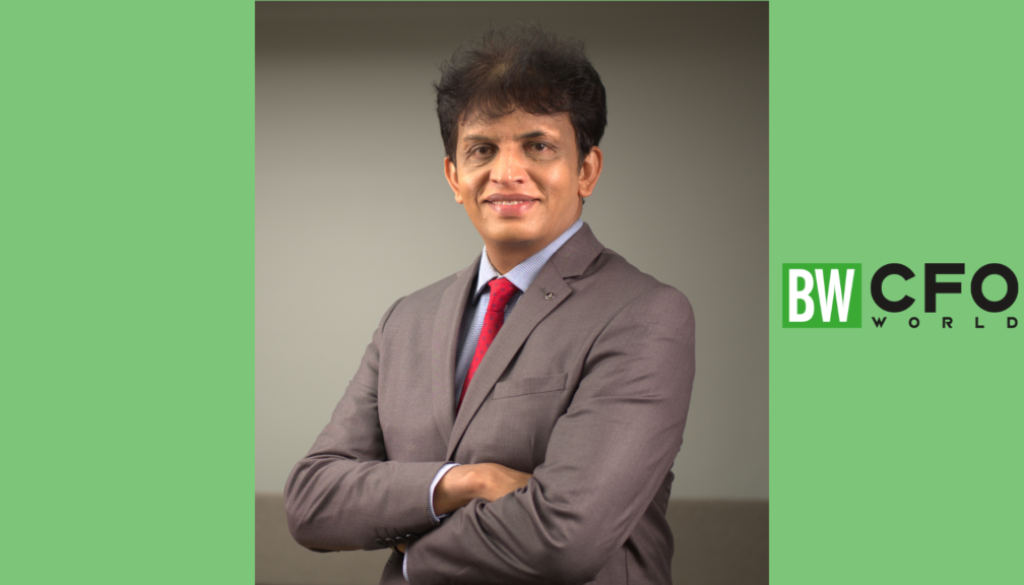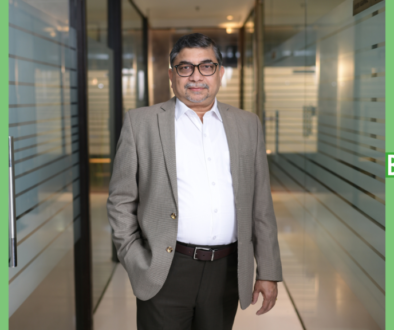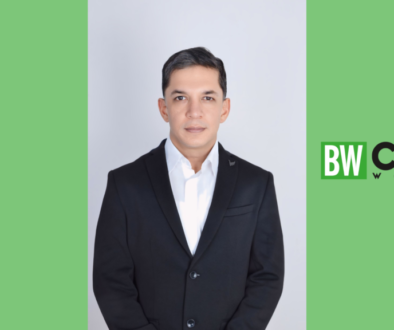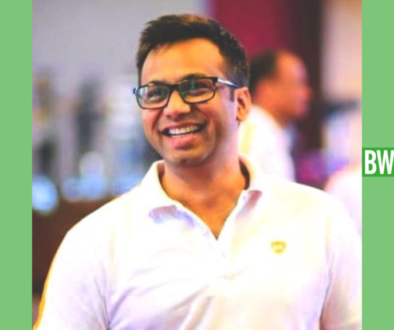Ensuring Financial Integrity: A Conversation With Nagesh Bailur, CFO, Randstad India
An insightful discussion on Ensuring Financial Integrity with Nagesh Bailur, CFO, Randstad India, a talent company. Learn how Randstad fosters a culture of transparency, encourages ethical reporting and maintains a collaborative relationship with auditors
How does Randstad ensure strong internal controls to prevent fraud or misstatements?
At Randstad, we have consciously cultivated a value system and culture that places honesty and transparency at the core of everything we do. And the tone has to be and is set from the top. Apart from that, we ensure that the fundamentals of maintaining the right control environment are adhered to, which includes having the necessary preventive controls like clear segregation of duties for all critical activities and roles and not forgetting the maker checker concept where required.
Our detective controls include leadership reviews at periodic intervals of all important financial matters and metrics. We have a strong in-house Internal audit team that has a robust review mechanism and its observations & findings are addressed and followed through at the highest leadership levels within the company.
How does Randstad encourage employees to report potential misconduct without fear of retaliation?
The key to encouraging employees to report potential misconduct fearlessly is to create organisation-wide awareness and the right process to report misuse. More often than not, ambiguity around this develops resistance to reporting. Also, it is important to make the process straightforward as opposed to having complex procedures that employees might not be comfortable with. Beyond these, maintaining the anonymity of the reportees gives them the confidence to bring critical issues to the forefront without the fear of retaliation or of being called out. To top that up, the more crucial aspect is to ensure as an organisation that every concern is being acted upon, so that fair play becomes a part of the overall company culture. Lastly, it is also important for leaders to bring up these discussions in larger forums so that employees can see them walk the talk and gain credence.
How does Randstad promote financial transparency with stakeholders, including investors, analysts and the public? What specific measures are taken to ensure clear and accurate financial reporting?
Randstad India is a wholly owned company of the Randstad Group and therefore our stakeholders are limited relative to a locally listed company. Having said that, we owe high levels of trust and transparency to our parent company and local stakeholders like the government, customers and vendors. We have well-defined processes to ensure our financial reports are fair, accurate and compliant. There is a robust audit mechanism in place which includes both statutory and internal audits. We have a zero-compromise approach when it comes to timely audits and compliance with accounting standards and taxes. Moreover, at Randstad India, we take regulatory compliance as a top-notch priority and are taken very seriously – be it related to operational aspects or social security compliances.
As a private limited company in India, we also comply with all corporate responsibilities and conduct regular board meetings diligently to ensure complete transparency whether it is about financial reporting, audits, or making decisions on other aspects like CSR.
What are your core values when it comes to financial leadership? How do these values align with the company’s overall ethical framework?
Being part of the finance function, it is imperative that integrity forms the core of what we do and lays the foundation for building a strong organisation. At Randstad, integrity in both form and substance is core to our belief system and values and this extends to being accountable, transparent and honest in our deliverables. And this is also one of the key attributes we look for when we hire from outside, fresh or lateral. These attributes are basic hygiene and all our actions revolve around this. Moreover, the tone and communication from the top management consistently reiterates this fact and helps maintain the culture of the company.
As a company, our sales and business teams also take pride in communicating these cultural aspects to our customers. More often than not, this helps us win mandates and new business and we generate a lot of trust amongst our customers by demonstrating this culture of high integrity and this is deeply ingrained in different functions across our organisation.
Another important aspect that I strongly resonate with is our customer-first approach. This is one of the most crucial factors as we continue on our journey of serving as a trusted partner for talent for our clients.
Lastly, as we all know, ‘change is the only constant’ and continuous transformation is one of the main pillars of the finance function. Hence, we prioritize being agile and ready to transform in the constantly evolving world of work.
Can you elaborate on Randstad’s relationship with its external auditors? How do you ensure open communication and maintain a healthy level of professional scepticism during the audit process?
We maintain a very professional and healthy relationship with our auditors which is built on trust, complete transparency and mutual respect. I think this relationship is critical as it helps us present a clear picture of our state of affairs – financial and otherwise, to all our stakeholders. During an audit, we also ensure that I and my team have well-defined communication lines with the auditor at all levels, to ensure coherence at all times and also to maintain the pace of the audit. I also encourage my team to appreciate and be empathetic to the auditor’s queries and questions and allow them to do their job with complete cooperation and respect. Moreover, when there is a healthy practice of auditors challenging and questioning our assumptions, it also helps us get better as a function and an organisation.




